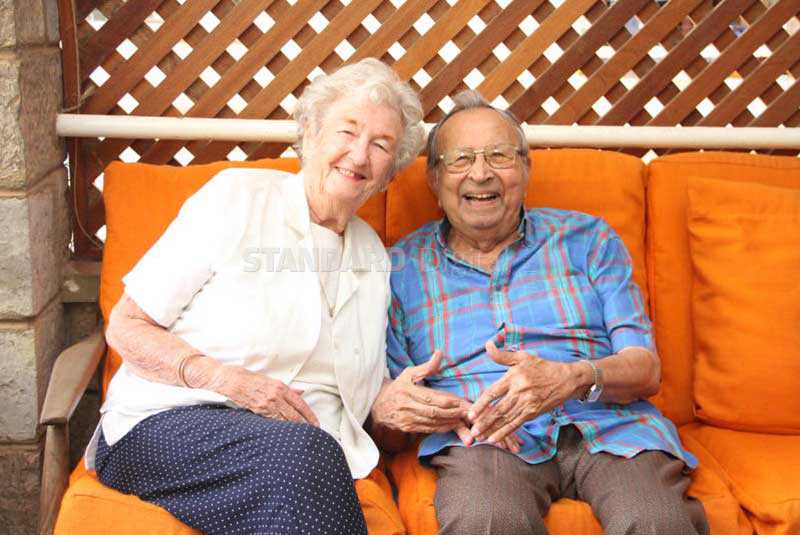×
The Standard e-Paper
Smart Minds Choose Us

Renowned surgeon and author Yusuf Dawood sat in his almost empty living room, overlooking tables in the next room filled with packed items.
In a few weeks, Dr Dawood and his wife Marie Kodwavwala will be gone – they are relocating to England where their two children reside – after staying in Kenya for 57 years.